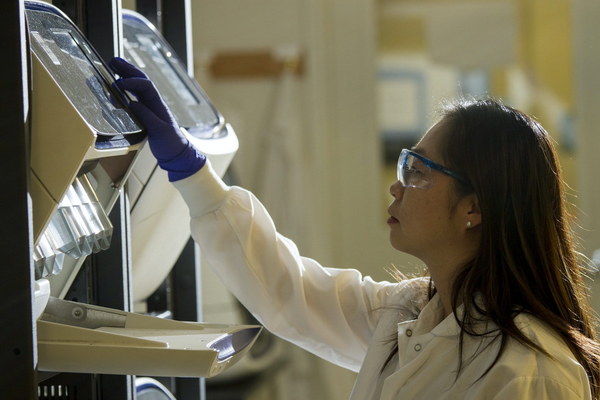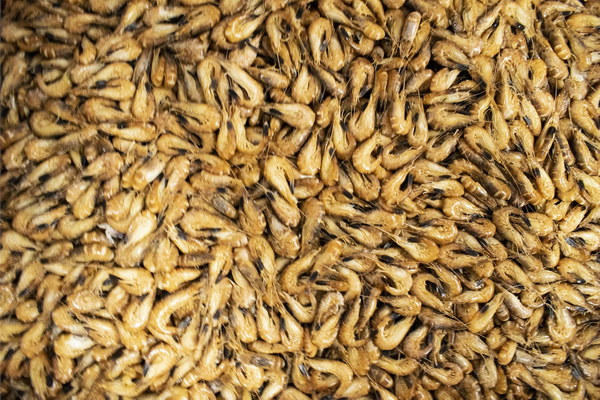Post-Abortion Recovery The Importance of Nutritional Support and Supplements
Introduction:
Experiencing a miscarriage is an emotionally and physically taxing event for any woman. The aftermath of such a loss can leave her feeling weak, depleted, and in need of healing. While emotional support is crucial, it is also essential to pay attention to the body's nutritional needs during the recovery process. This article aims to shed light on the importance of nutritional support and supplements after a miscarriage, emphasizing the benefits of proper nourishment in the healing journey.
1. Nutritional Needs Post-Abortion:
After a miscarriage, the body goes through a significant hormonal shift and experiences a loss of blood. This can lead to deficiencies in various nutrients, making it essential to focus on a balanced diet. Here are some key nutritional needs during the recovery process:
a. Iron: Iron deficiency is common after a miscarriage due to blood loss. Incorporating iron-rich foods such as lean meats, poultry, fish, beans, lentils, and fortified cereals can help replenish iron stores.
b. Protein: Protein is vital for tissue repair and recovery. Including protein sources like poultry, fish, eggs, dairy, legumes, and tofu in the diet can aid in healing.
c. Folate: Folate is crucial for cell division and repair. Foods rich in folate include leafy greens, beans, lentils, oranges, and fortified cereals. It is also available in supplement form, especially important for women planning to conceive in the future.
d. Calcium: Calcium is essential for bone health and muscle function. Incorporating dairy products, fortified plant-based milk, and leafy greens into the diet can help meet calcium requirements.
e. Vitamin C: Vitamin C aids in the absorption of iron and supports the immune system. Citrus fruits, berries, bell peppers, and dark leafy greens are excellent sources of vitamin C.
2. The Role of Supplements:
While a balanced diet is ideal for meeting nutritional needs, some women may require additional support through supplements. Here are a few supplements that can be beneficial after a miscarriage:
a. Vitamin C: As mentioned earlier, vitamin C supports iron absorption and strengthens the immune system. A daily dosage of 500-1000 mg of vitamin C can be helpful.

b. Vitamin B12: B12 is essential for red blood cell production and energy metabolism. A daily dosage of 500-1000 mcg of vitamin B12 can be beneficial, especially if dietary sources are limited.
c. Omega-3 Fatty Acids: Omega-3s are known for their anti-inflammatory properties and can help reduce the risk of future miscarriages. Fish oil supplements, containing at least 300 mg of EPA and DHA, can be taken daily.
d. Prenatal Multivitamin: A prenatal multivitamin can provide a balanced blend of essential nutrients, ensuring that all nutritional needs are met. It is particularly useful if planning to conceive in the near future.
3. Timing and Duration of Nutritional Support:
It is important to note that the timing and duration of nutritional support may vary from person to person. While some women may require additional support for a few weeks, others may need it for several months. Consulting with a healthcare professional can help determine the best course of action.
Conclusion:
Miscarriage can be a challenging experience, both emotionally and physically. Providing the body with proper nutrition and supplements during the recovery process can aid in healing and prevent future complications. By focusing on a balanced diet and incorporating essential nutrients, women can enhance their chances of a healthy recovery and future pregnancies. Remember to consult with a healthcare professional for personalized advice and support.









